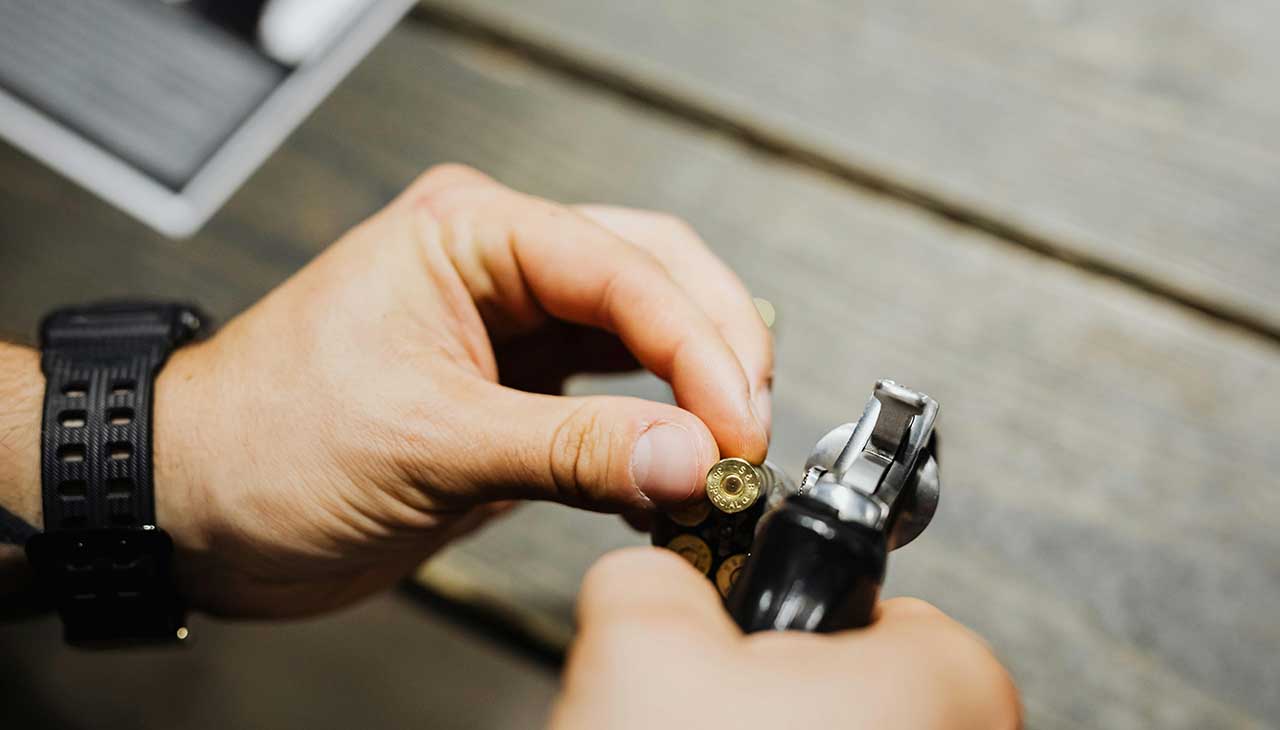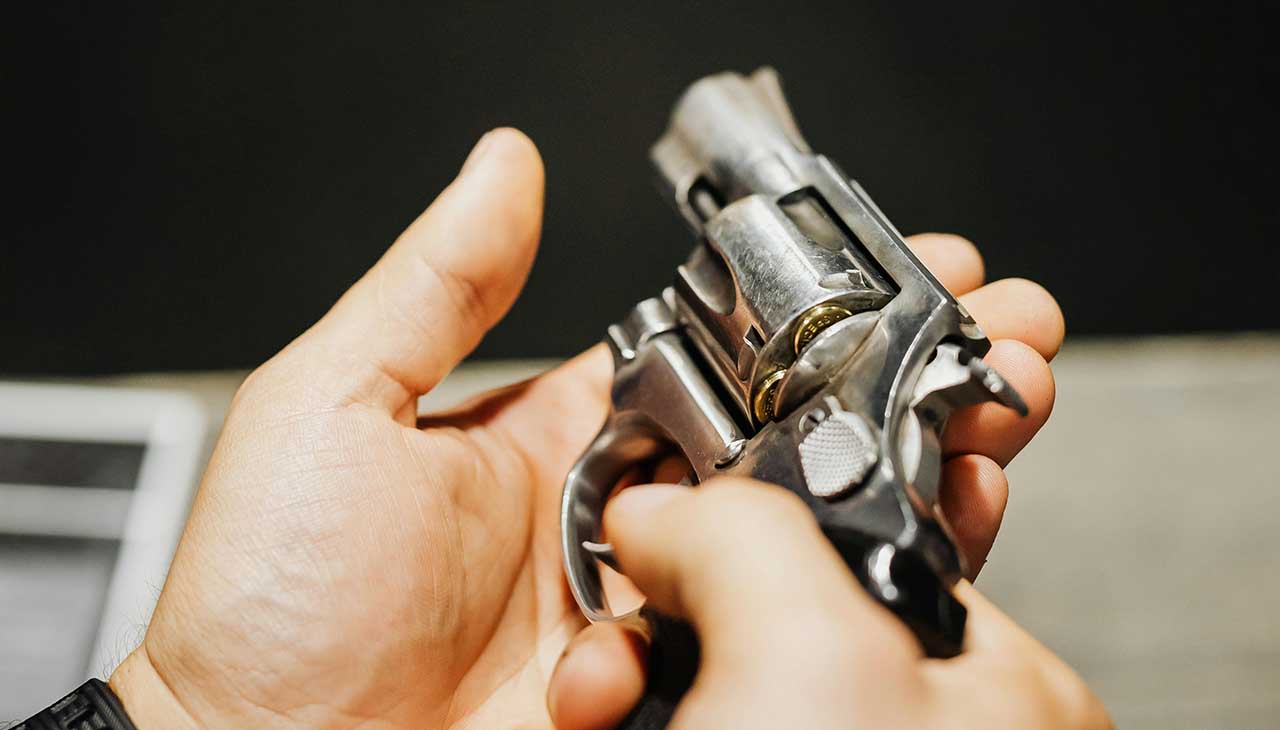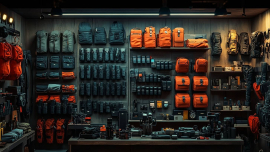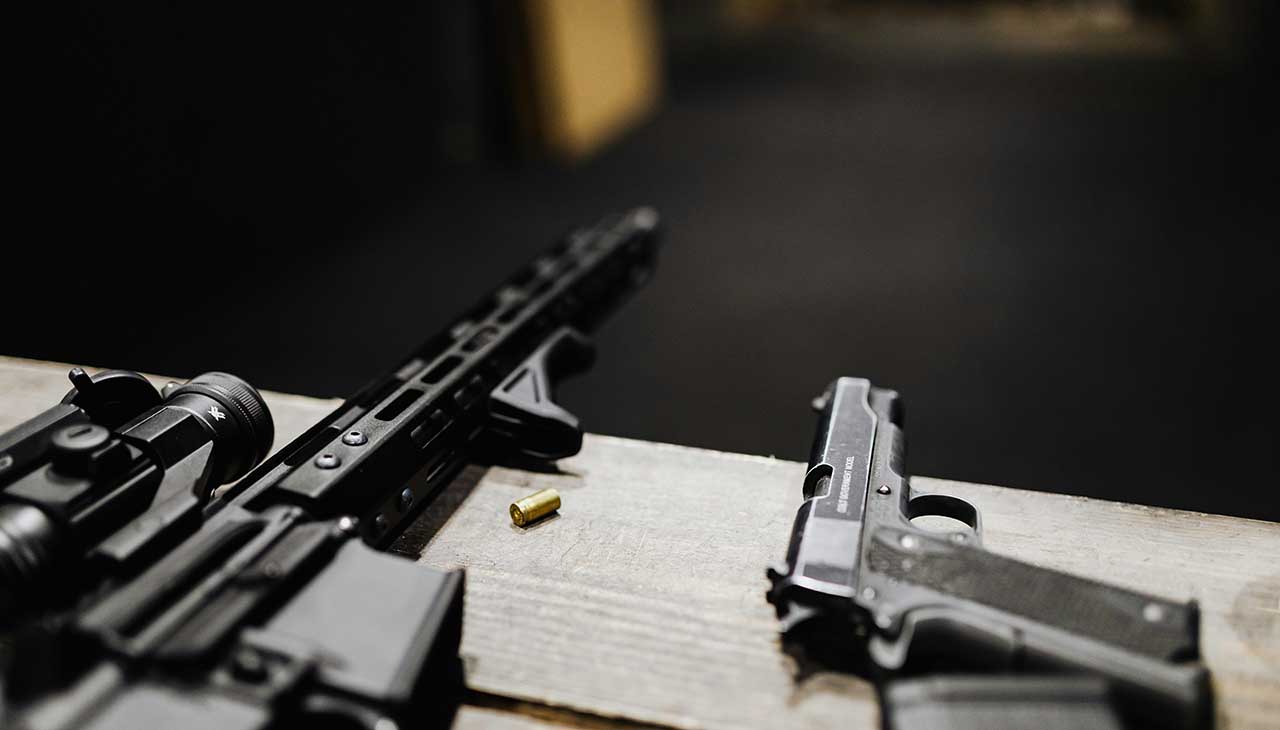
The Comprehensive Guide to Gun Ownership: Laws, Responsibilities, and Ethics
The right to keep and bear arms is a fundamental aspect of American identity, enshrined in the Second Amendment to the United States Constitution. However, with such a powerful right comes great responsibility. For first-time gun owners, existing gun enthusiasts, and ethical hunters, navigating the complex tapestry of laws, obligations, and ethical considerations can be daunting. This comprehensive guide seeks to demystify the process and empower you to be a knowledgeable and conscientious gun owner, ensuring safety and contributing to a just and civil society.
The Legal Landscape: Understanding Gun Laws in the US
The United States has a mosaic of gun laws, spanning from federal regulations to the nuances of local ordinances. Understanding these laws is crucial to staying out of legal trouble and ensuring the safety of your community.
Federal Firearms Act and the Brady Act
The Gun Control Act (GCA) of 1968 was enacted to regulate the firearms industry and firearms owners. Particularly, it strictly restricted interstate gun sales. Subsequent laws like the Brady Handgun Violence Prevention Act, introduced in 1993, implemented the National Instant Criminal Background Check System (NICS) for prospective gun buyers. Compliance with these laws is mandatory nationwide.
State and Local Laws
Each state has its own set of gun laws which can cover a broad range of areas, including background check requirements, waiting periods for purchase, open carry and concealed carry permit regulations, and prohibited firearms. It is crucial to know the specific laws in your state, as well as any local laws that may have additional restrictions or provisions.
“Stand Your Ground” and “Castle Doctrine”
Recently, many states have adopted “stand your ground” and “castle doctrine” laws, which give legal protection to individuals who use deadly force to defend themselves in their homes, vehicles, or businesses. These laws vary from state to state and it is important to understand the specific rules around self-defense in your jurisdiction.
The Process of Owning a Gun: A Step-By-Step Guide
Purchasing a firearm is not as straightforward as buying most other consumer goods. Here’s how to do it legally and responsibly.
Eligibility and Background Checks
To buy a gun, you must generally be at least 18 years old for long guns and 21 for handguns, not a felon or a fugitive, and never have been committed to a mental hospital or have been convicted of domestic violence, among other criteria. A background check is required to verify that you meet these conditions.
The Purchase Process
The specific process for purchasing a gun can vary depending on where you live. Generally, it involves choosing your firearm, filling out a federal Form 4473, and undergoing a background check. Once the check is complete, you can take possession of your firearm.
Private Sales and Transfers
In some states, private sales and transfers of firearms are allowed without a background check. However, this is a gray area in terms of safety and ethics. Buyers and sellers must be aware of the legal risks and consider using a licensed dealer to facilitate the transfer, which ensures a background check is conducted.
Responsibilities of Gun Owners: Beyond the Law
Owning a gun is a significant responsibility. It goes beyond knowing how to handle a firearm safely—it includes the moral and civic duties that accompany it.
Safe Storage and Handling
Gun safety begins with responsible storage. A gun should always be stored unloaded and locked in a secure place, out of the reach of unauthorized users, particularly children. Equally important is safe handling, which includes treating every gun as if it is loaded, pointing it in a safe direction, and keeping your finger off the trigger until you are ready to shoot.
Maintenance and Training
Regular maintenance is essential for the safe operation of your firearm. This includes cleaning and lubricating the gun according to the manufacturer’s recommendations. Additionally, ongoing training and practice are vital for maintaining your skills and preparedness.
Reporting Stolen or Lost Firearms
If your firearm is lost or stolen, it is your responsibility to report it to the authorities as soon as possible. Doing so can prevent you from being implicated in any crimes committed with that firearm and can help to recover the weapon.
Ethical Considerations for Hunters
For many, gun ownership is intrinsically tied to hunting, a practice with its own ethical standards and principles.
Hunter Safety and Conservation
Safety is paramount in hunting, both for the hunter and for fellow outdoor enthusiasts. Hunters should be well-versed in the laws and regulations governing where and how they can hunt. Conservation is also a core tenet of ethical hunting, and responsible hunters are those who respect their prey and the environment, never taking more than the ecosystem can sustain.
Hunting Rights and Responsibilities
Hunting is a cherished tradition for many, but it also comes with responsibilities. Understanding and respecting the rights of property owners, as well as the boundaries set by law, are part of being a responsible hunter.
The Impact of Ethics on Community Perception
The actions of individual hunters can influence how the broader public perceives gun ownership and hunting. Engaging with the community, educating the public about hunting, and actively participating in efforts to preserve the natural world can help promote positive perceptions of hunters and responsible gun owners.
Community Engagement and Resources for Gun Owners
Becoming an informed and ethical gun owner is not a solo endeavor. There are numerous resources available to help you along the way.
Training and Certification Programs
Organizations such as the National Rifle Association (NRA) offer a variety of training programs for gun owners, including safety courses and marksmanship training. Obtaining certifications can increase your knowledge and confidence in handling firearms safely.
Online Communities and Forums
The internet is a treasure trove of information, and there are many online forums and communities where gun owners can share experiences, ask questions, and stay up-to-date on legislative changes and safety guidelines.
Legal Assistance and Advocacy Groups
In the event that you are facing legal issues related to gun ownership, it is important to have access to legal counsel experienced in firearms law. There are also numerous advocacy groups that work to protect the rights of gun owners and educate the public on responsible gun use.
Conclusion: Responsible Ownership for a Safer Community
Owning a gun is a significant right and responsibility that should not be taken lightly. By understanding the laws, fulfilling your legal requirements, and following ethical guidelines, you can contribute to a culture of safety and respect among the gun-owning community. Remember, education is key—continuously seek out knowledge and training, and encourage others to do the same. Responsible gun ownership is not just about you—it’s about creating a community where everyone feels secure and valued.









Leave a Reply